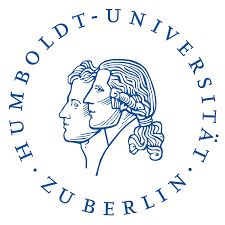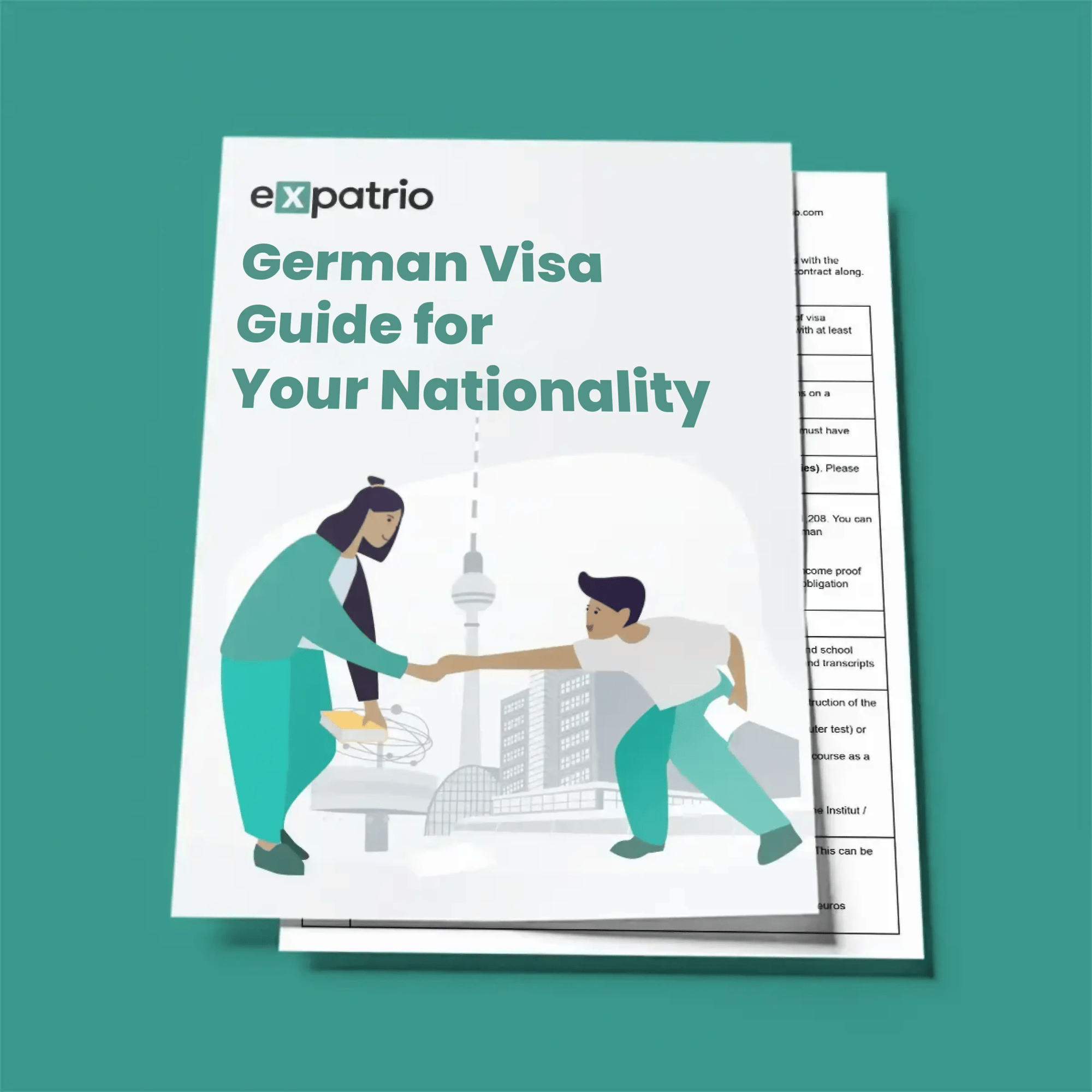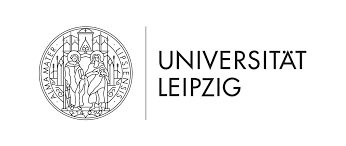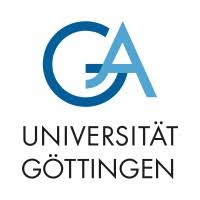Step 1 - Find your Study Program

Humboldt University Berlin
Berlin
Horticultural Science
Subjects: Agriculture
M.Sc. | Master of Science
Course description
As opposed to agriculture, horticulture may have nothing to do with earth and the ground. Production takes place in technical installations such as greenhouses. Plants thrive in substrates that stimulate growth and receive water and nutrients by industrial means. Liquid manure is outdated, pests cannot penetrate the closed circuits. The approach is technologically-oriented, almost high tech. Production on existing cultivated land must be optimised to achieve maximum yields without harming the environment. At the same time, many universities are researching how to increase the nutrient content in plants and fruit - for example, by establishing fungal cultures at the roots. Efficiency in the greenhouse must increase. This could be vital in the future, as the global population is growing and we must generate increasingly high yields on an increasingly small area. HU introduced the two-stage programme ending with the Bachelor of Science and Master of Science degrees in 2000. It has been accredited and re-accredited. This is a modular course of study, offering students a high level of flexibility and mobility. The way the subject areas are equipped and the many opportunities to work at departments within Humboldt-Universität zu Berlin and at experimental and research facilities supports the successful combination of theory and practice. We have agreements with more than 40 partner universities abroad. The master’s programme is primarily offered in English. Several international courses with other universities represent new forms of education and partnership. This also includes the Horticulture Science international master’s course, offered jointly with universities in Munich, Vienna and Bologna. The close connection with other specialised disciplines in the German capital is also unique. The 1,600-student institute is a member of Agrosnet, the Eastern German agricultural sciences association, as well as the European and global agriculture faculty federations (ICA and GCHERA). The institute is currently working together with agricultural faculties in Rostock and Halle to implement the ‘AgrosNet’ collaborative project (www.agrosnet.de). The aim of this association is to combine the strengths of individual locations for the benefit of students. Students can gain from this pooling of research and teaching resources, since the master’s and doctoral teaching modules at all three locations have been combined into one module pool. The students matriculate at their home university, but the timetable is compiled from the programs of all three universities. This is made possible by a ‘virtual campus’ and modern means of communication: distance-learning courses and video conferences, lectures on DVD, supplemented by two-week block modules, which form part of the final grade together with the examination and points awarded. The professors also offer regular chats. The course accommodates the constantly changing professional fields in this area. Few other courses of study lead to so many different applications in practical work, science, services and consulting, both upstream and downstream, in Germany and abroad. The educational objective of the bachelor’s degree is to acquire professional capability and lay the foundations for the subsequent master’s course. This in turn will open up further fields of application, such as science and development aid, and forms the basis for a doctoral degree. Many graduates do not continue on to horticultural careers, but instead specialise in rural development or work in the environmental sector.
Program Information
| Study Location | Berlin |
| Start Semester | Winter |
| Study Form | Full-time |
| Study Type | Postgraduate |
| Teaching Language | English |
| Dual | No |
| Remote | No |
| Application Fee non-EU | No information |
| Study Length | 4 Semesters |
| Tuition Fees per Semester | No Tuition Fee |
| Cost per Semester | 315.0 EUR |
Step 2 - Check Application Requirements
Application Requirements
Application Process
| Acceptance Interview | No |
| Acceptance local admission restrictions | Restricted |
| Application | directly at the University |
Step 3 - Get studying insights
Your Free StudyBuddy Checklist
Want to simplify your journey to Germany?
-
Interactive step-by-step checklist
-
Helpful explanations and tips along the way
-
Designed for internationals like you


Free Live Webinar
How to Apply and Get Admission to a German University
Get ready to study in Germany!
April 16th, 2025
-
Learn how to find your ideal program
-
Step-by-step application guide
-
Tips and tricks to get admission
Step 4 – Apply for a Visa

German Visa Guide
Your tailored German visa application guide
Be Prepared for Your Visa Appointment
Value Package
-
New: includes free Expatrio Bank Account. Automatically connected to your Blocked Account
-
German Blocked Account accepted by all German authorities
-
Award-winning public or private health insurance coverage4
-
Free Travel Health Insurance worth up to €953
-
Up to €90 cashback with your personalized health insurance2
-
Instant Blocked Amount confirmation once funds are received
-
24hr customer response time
-
All-in-One app for life in Germany
-
ADDITIONAL FREE BENEFITS
-
Free International Student ID Card (Digital ISIC) worth up to €18*
-
Free eBooks and resources for life and studies in Germany
-
In-app access to top-tier accommodation for internationals
-
Cost Breakdown
-
Monthly fee: Only €5
-
Blocked Account set-up fee: €0 (€69 cashback)1








